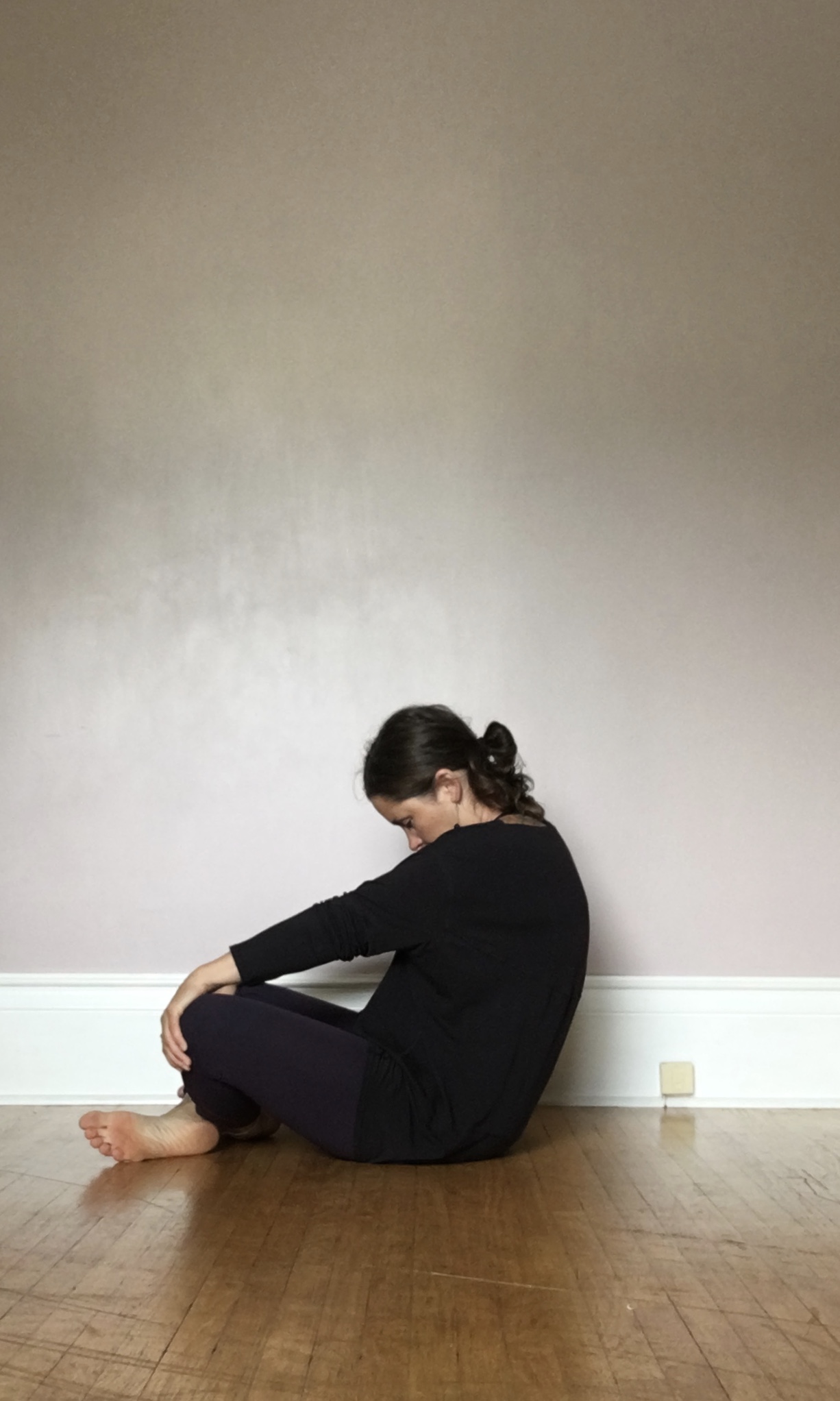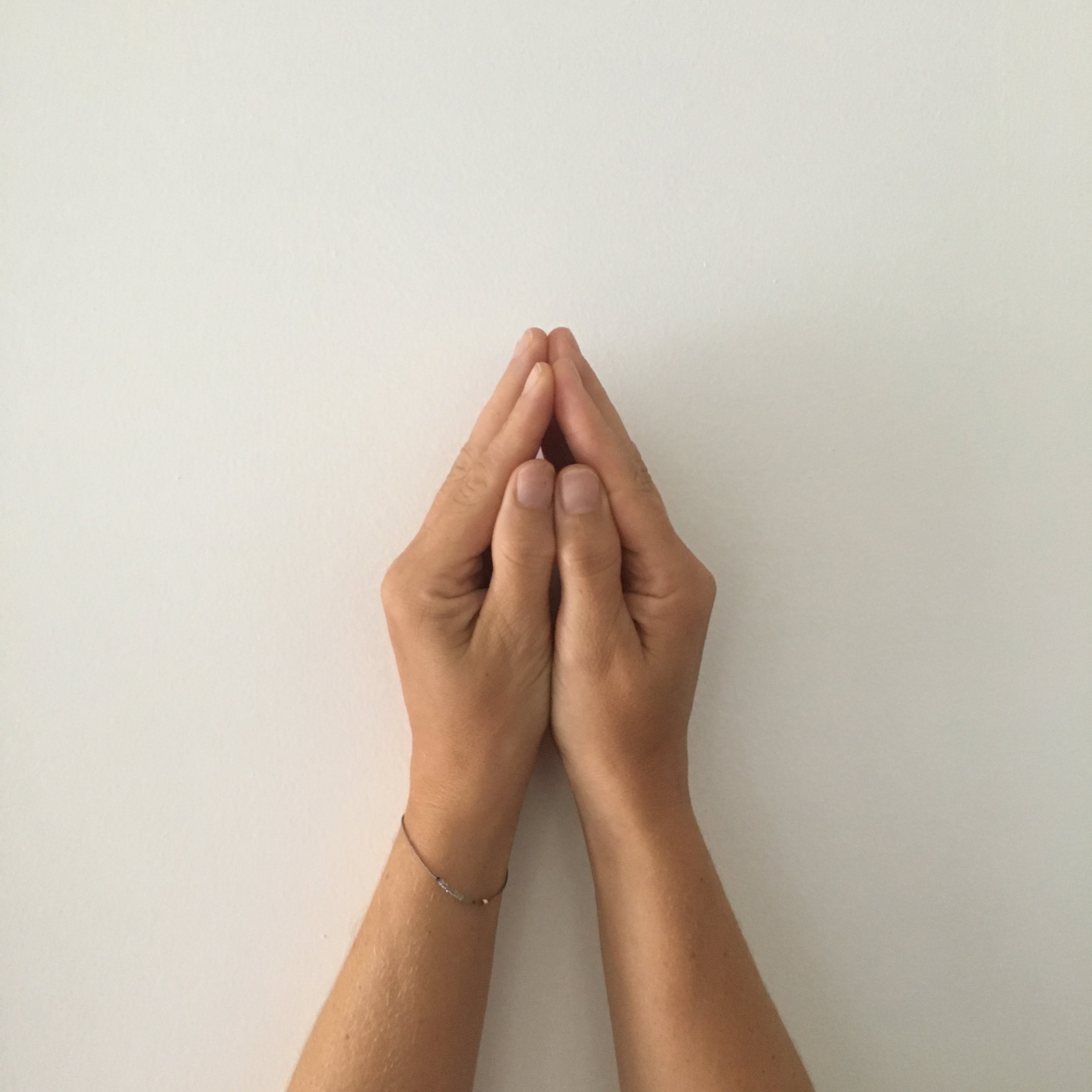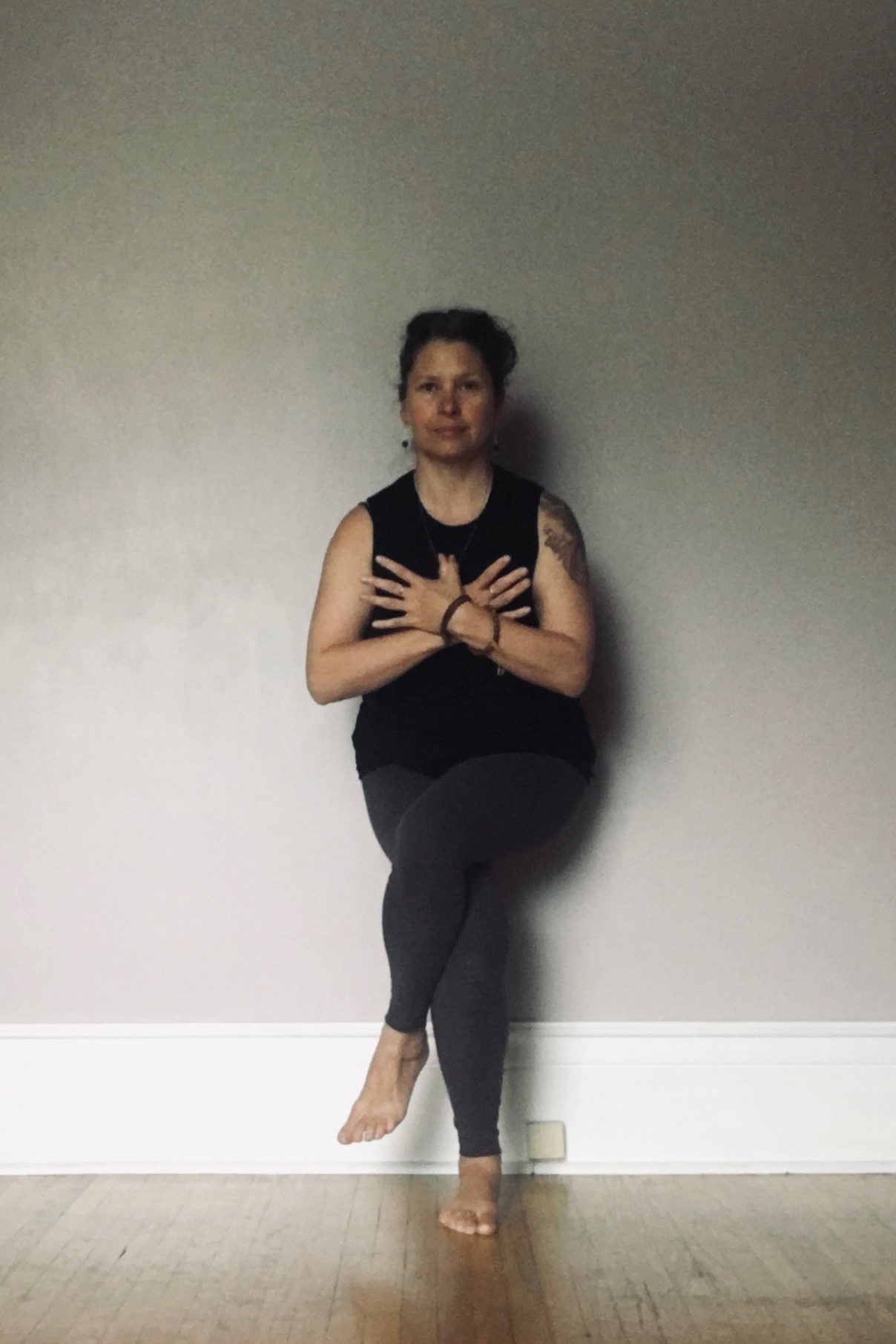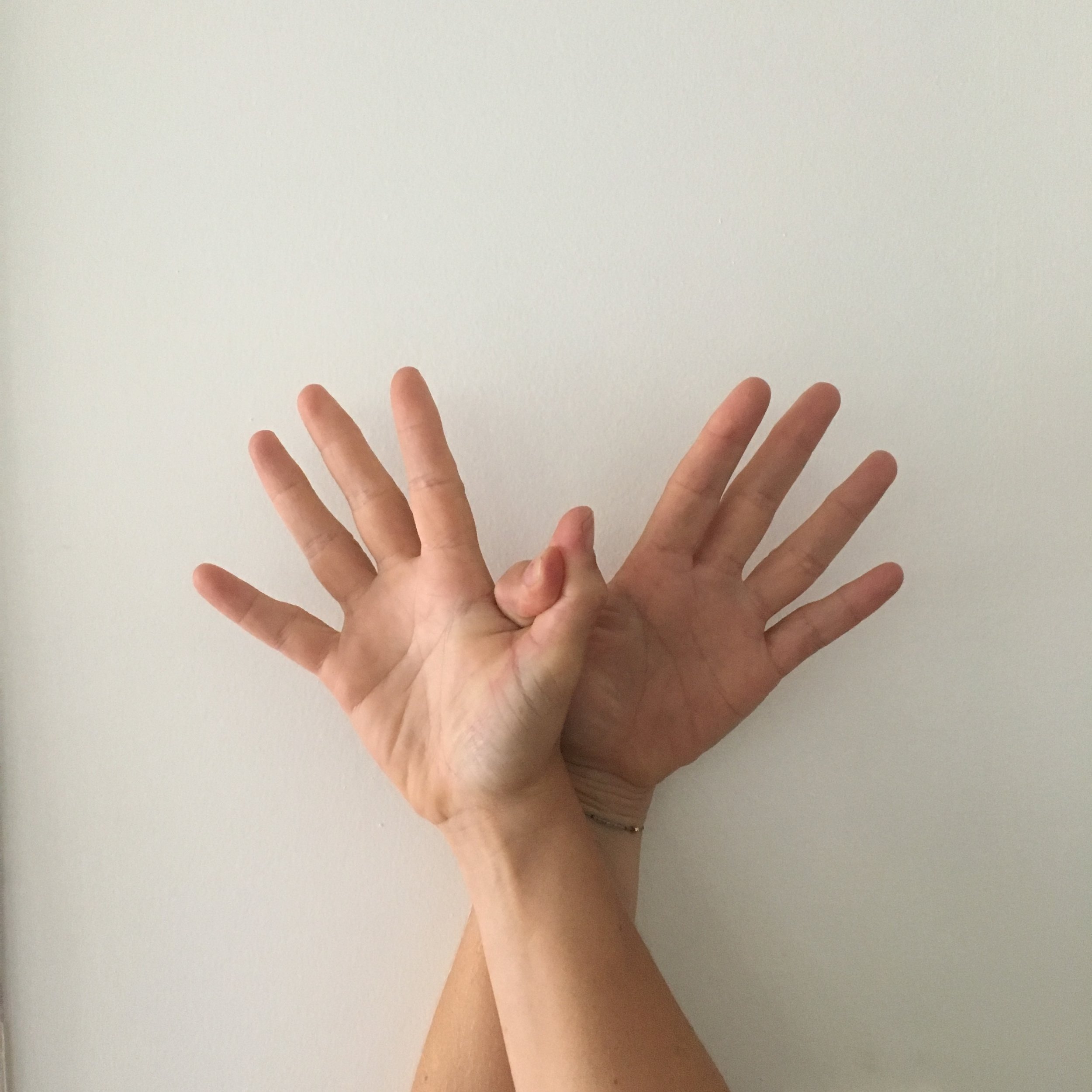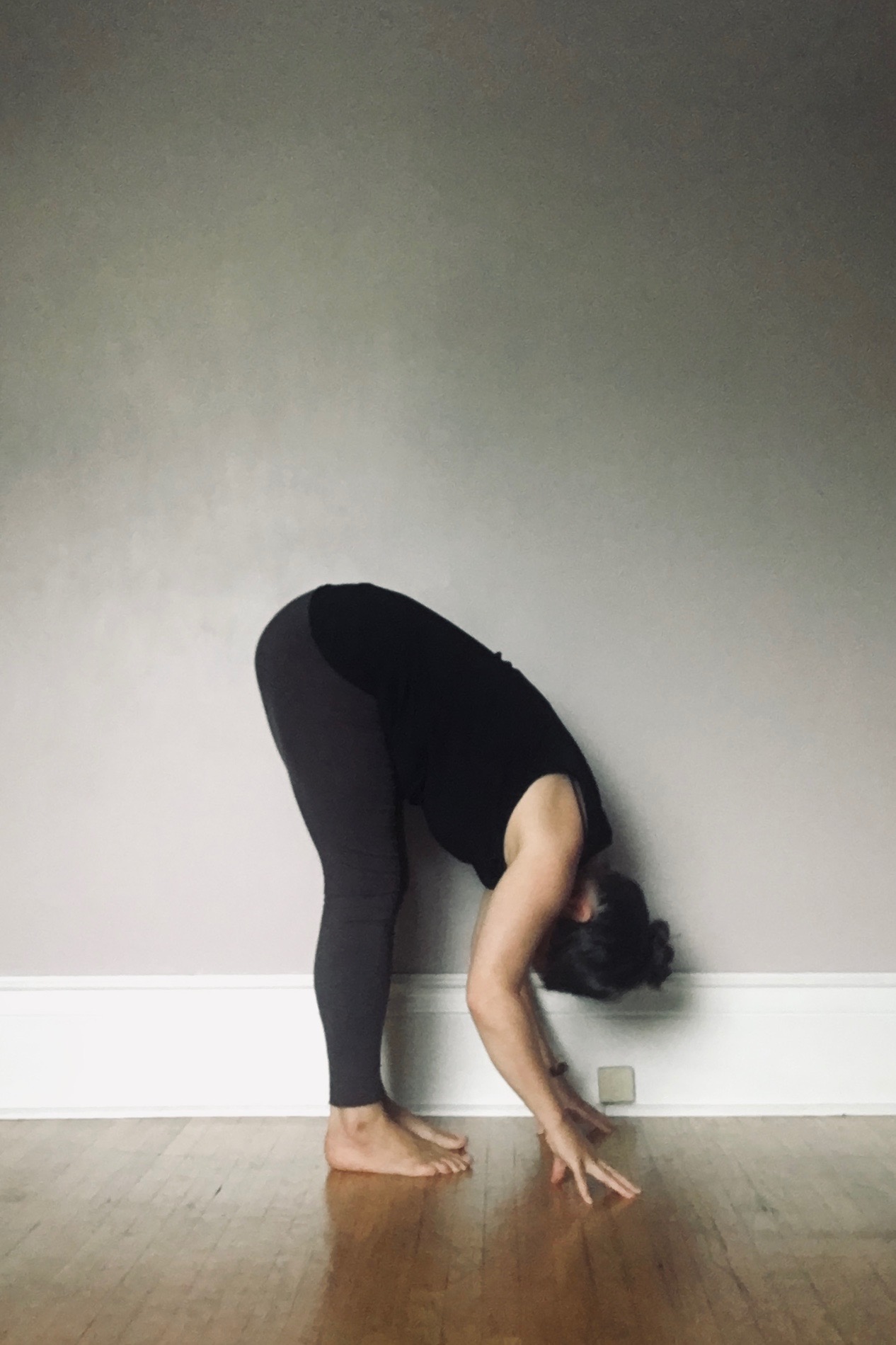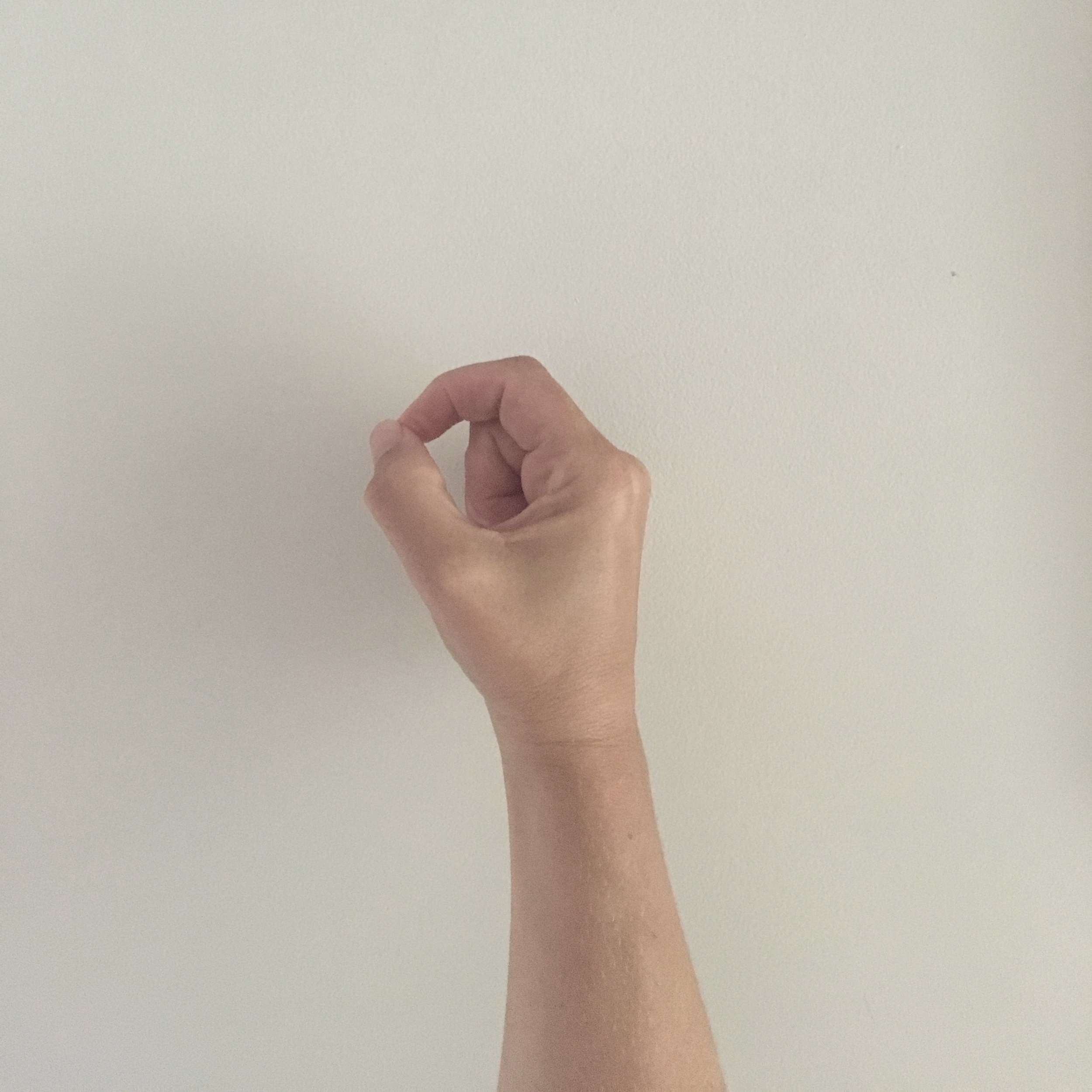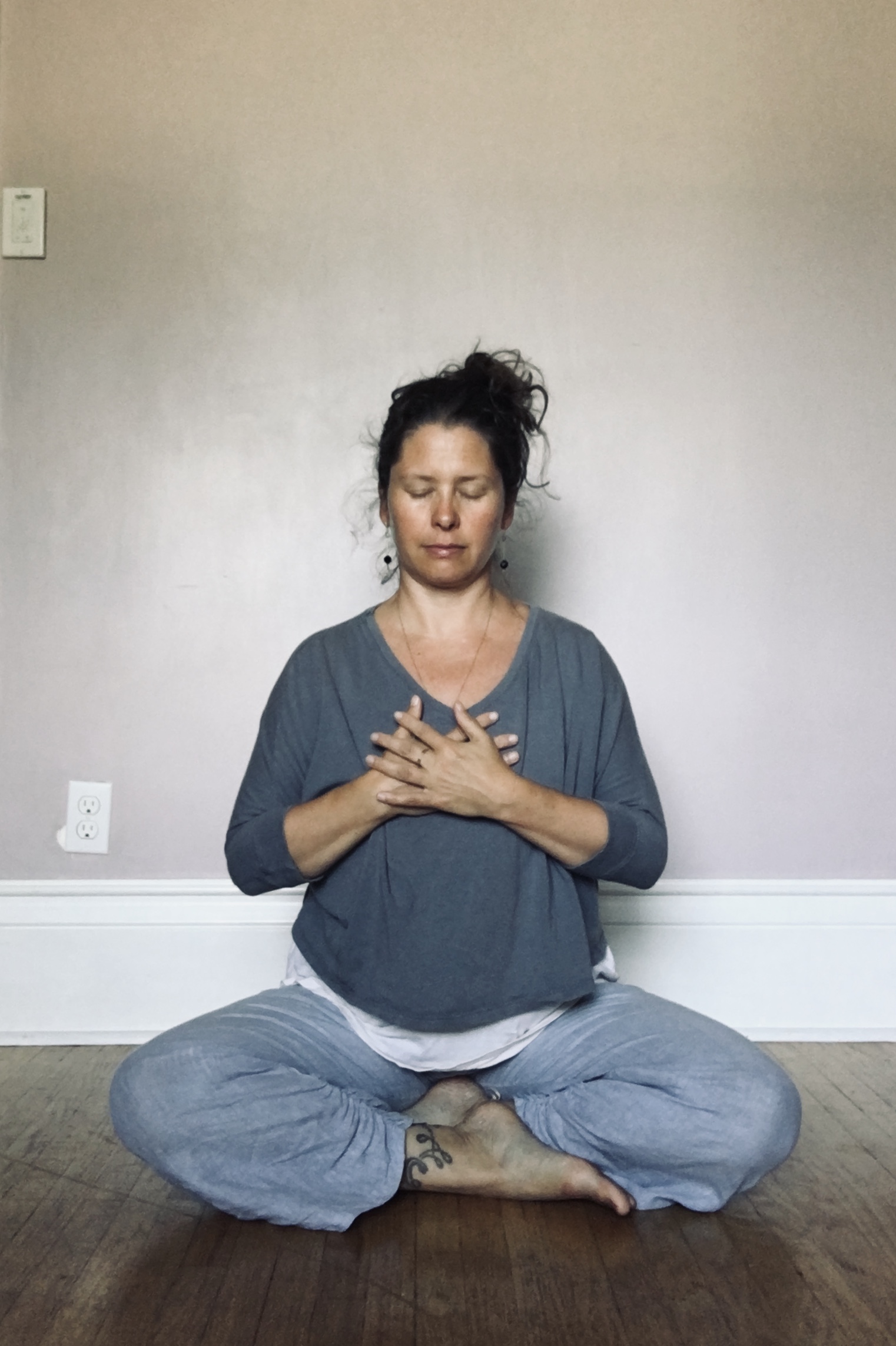Body-Based Interventions & Nervous System Regulation Skills for Therapists
Learn practical, evidence-informed breath skills and embodied micro-interventions you can integrate into psychotherapy sessions—without derailing the clinical arc.
Certified Yoga Therapist • 10+ years specializing in mental health • Training for clinicians worldwide (online)
My methodology
My work is based on the principles of Pancha Maya Kosha model of Yoga philosophy that considers the 5 “layers” of humanity, the outer layers - body, energy (breath), and the inner layers - mind/emotions, wisdom, bliss (spiritual unity). This philosophical model suggest that each of these layers must be resilient in order for a person to re-establish equanimity after trauma.
As a mental health professional you are very aware of how to support clients’ mind/emotional layer and may work with clients on the deepest layers of wisdom and bliss. You are likely also aware of how challenging this task can be when a client’s is disregulated or blocked. The link between a person’s mental/emotional state and their body systems is clear, if a person’s nervous system is disregulated so too will their inner world be. This supports Yoga’s viewpoint that it is critical for the initial layers - body and energy - to be resilient before a client can fully address the inner layers. A growing body of research is demonstrating that Yoga practices are unique in their ability to regulate a person’s nervous system. Yoga also has a great deal to offer with regards to the inner layers and establishing mind/emotions, wisdom and spirit (even when secular) as an embodied experience.
Integrating yoga practices into talk therapy
Within the context of a therapy session this is done using techniques that are accessible in any setting (you aren’t teaching a yoga class!) using embodied practices that focus on positive feelings and empowerment. The tools I teach include simple accessible postures, mudras, mantras, breathing, visualization/meditation, mindfulness, and intention setting.
Within the training and mentorship I offer, I teach concrete instructions on how to integrate these tools into a therapy session.
Currently my work is being integrated into Emotion-focused therapy for complex trauma (EFTT) (adults with histories of childhood maltreatment)- Paivio, Robinson, Pascual-Leone; Yoga therapy as a complement to EFTT: Integrating body-based interventions, in S. Paivio & A. Pascual-Leone, Emotion-focused therapy for complex trauma (2nd ed.) New York: American Psychological Association.
I have participated in professional training for mental health professionals integrating body-based practices into EFTT at Institutes for Emotion Focused Therapy in Munich Germany, Bern Switzerland and Bergen Norway. And offered introductory training at York University Psychology Clinic and Souther California Institute for Emotion Focused Therapy. I am currently expanding this work offering mentorship to psychologists of all disciplines who are interested in integrating body-based practices into their client sessions. I also offer Yoga for mental health and trauma informed training for Yoga professionals.
Further reading
Caplan M, Portillo A, Seely L. Yoga psychotherapy: the integration of western psychological theory and ancient yogic wisdom. Journal of Transpersonal Psychology, 2013
Capon H, O'Shea M, Evans S, McIver S. Yoga complements cognitive behaviour therapy as an adjunct treatment for anxiety and depression: Qualitative findings from a mixed-methods study. Psychol Psychother. 2021 Apr 8.
Dick, A.M., Niles, B.L., Street, A.E., DiMartino, D.M. and Mitchell, K.S. (2014), Examining mechanisms of change in a yoga Intervention for women: The Influence of mindfulness, psychological flexibility, and emotion regulation on PTSD symptoms. J. Clin. Psychol., 70: 1170-1182.
Gerber, M. M., Kilmer, E. D., & Callahan, J. L. (2018). Psychotherapeutic yoga demonstrates immediate positive effects. Practice Innovations, 3(3), 212–225.
Kelly U, Haywood T, Segell E, Higgins M. Trauma-sensitive yoga for posttraumatic stress disorder in women veterans who experienced military sexual trauma: Interim Results from a randomized controlled trial. J Altern Complement Med. 2021 Mar;27
Libby DJ, Reddy F, Pilver CE, Desai RA. The use of yoga in specialized VA PTSD treatment programs. Int J Yoga Therap. 2012;(22):79-87. PMID: 23070675.
Simon NM, Hofmann SG, Rosenfield D, Hoeppner SS, Hoge EA, Bui E, Khalsa SBS. Efficacy of yoga vs cognitive behavioral therapy vs stress education for the treatment of generalized anxiety disorder: A randomized clinical trial. JAMA Psychiatry. 2021 Jan 1;78(1):13-20.
Weintraub A (2012). Yoga Skills for Therapists: Mood-management Techniques To Teach And Practice. WW Norton
